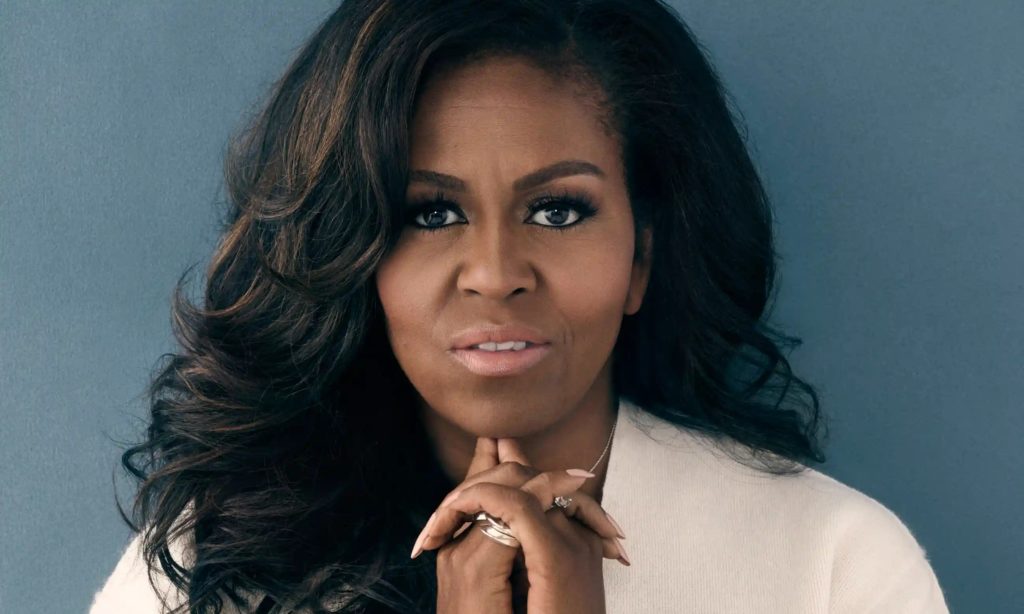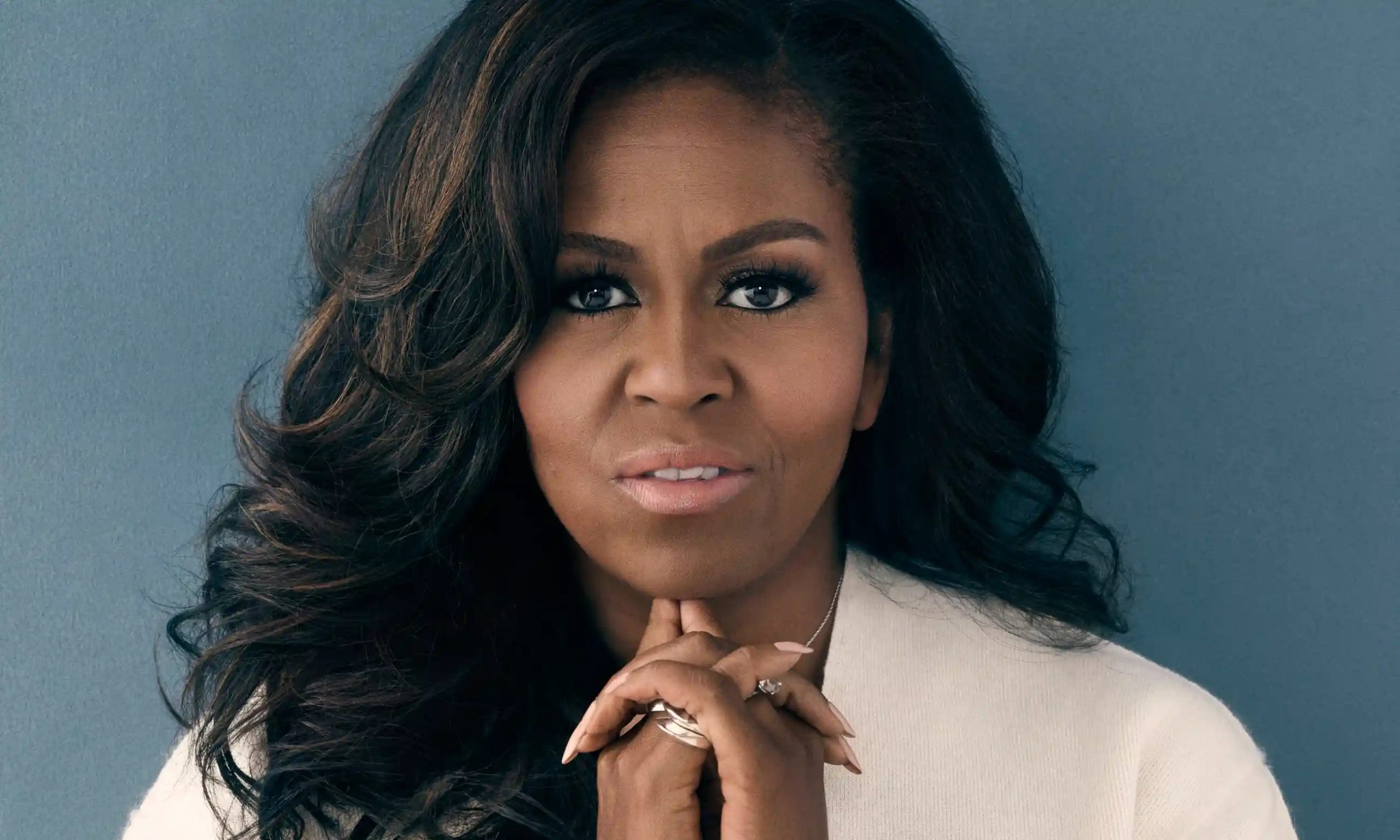
Photograph: Miller Mobley/AUGUST | Image R
In a TIME magazine essay, Michelle Obama talks about a question she is frequently asked: “What do you mean when you say, ‘When they go low, we go high?’”
Mrs. Obama explained that she and the former president are “committed and recommitted to the idea of going high many times . . . Hate crimes, trans rights, gay rights, voting rights, women’s rights—all remain under attack . . . we need to keep trying to go high.”
“It’s not some call to be complacent, and wait around for change, or to sit on the sidelines as others struggle,” she says. “It is not about accepting the conditions of oppression or letting cruelty and power go unchallenged. It’s about how we fight for more fairness, decency, and justice in this world.
“Integrity matters,” the former First Lady says.
E.g.: Two stories; two celebrities; two different narratives of integrity.
Caught lying to federal officials about utilizing inside information to sell some $50,000 worth of stock, Martha Stewart was being released after a five-month prison sentence.
Much of the public believed Stewart had served her time and should be allowed to return to her life as television’s favorite host and homemaker without any fuss. Hailed as “The Comeback Kid,” I took exception to Stewart’s “I-learned-so-much-in-prison” attitude after five months in a minimum-security prison for the simple reason that Stewart never admitted to her wrongdoing. Not one word of remorse.
One of the consequences for the high-profile, impenitent Stewart was a deal with NBC for “The Apprentice.”
“Why are we giving this person a shot at prime-time TV, where she ostensibly teaches about business ethics and values?” I asked in a Christian Science Monitor story.
Stewart demonstrated that she can violate the law, serve time and return to life as an upright celebrity. Absent any admission of her crimes, Stewart’s integrity remains questionable: how can we trust her future words and actions if she wont even admit her mistakes? Think about the lesson she could share with her considerable audience if she fessed up?
Then there’s Steve Allen.
Allen wrote 52 books, acted on stage, films, and TV, created and hosted The Tonight Show as well as more than 1,000 episodes of Steve Allen Shows, and in his spare time, composed more than 9,000 songs! In the last several years of his life, he traveled around the country speaking to groups about the importance of ethics and morality.
His story of integrity is one of many principled stands taken by Allen, as told by his wife, Jayne Meadows.
“It was well after one o’clock in the morning,” Meadows began. “Steve and I had just returned home from an enormous Hollywood party when the phone rang. It was Marlon Brando who said he had to talk to Steve immediately and asked if I had Shirley MacLaine’s phone number.
“The two men spoke briefly and I heard Steve repeat, ‘That’s LAX, United, eight o’clock, I’ll be there. Oh, no problem, Jayne will call Shirley right now.’
“‘About what?’ I asked.
“‘Marlon wants Shirley to fly to Sacramento with us today to help convince Governor Brown to stay the execution of Caryl Chessman.’
“‘Chessman, the rapist!’ I reminded Steve.
“‘Please, just call Shirley.’
“Several hours later, the three activists were on their way to Sacramento. A picture of the three superstars at the California state capitol.
“They were crucified by the conservative press. Steve’s title sponsor, the Chrysler Plymouth Company as well as his employers at NBC, were up in arms. Marlon and Shirley were movie stars without the pressures from advertising agencies and networks.
“I warned Steve, ‘Darling, my parents were missionaries who devoted their lives to fighting evil, but you are in the public eye, and all your courageous (and very public) fighting of organized crime, the atomic bomb, and now this stand against the death penalty will affect your television ratings.’
“Steve’s answer: ‘I care much more about the ratings of mankind than about the ratings of my TV show.’
“And so he did, and that’s one of the main reasons I married him. He was a principled gentleman, like my father.”
Two stories concerning integrity: one viewed it through the lens of self; the other though the lens of duty.
Integrity matters.
Comments










